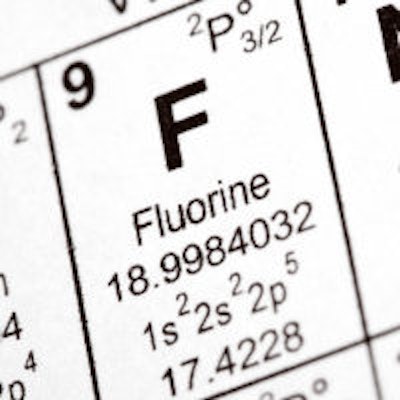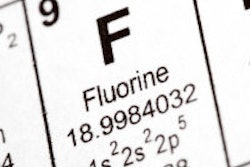
In this column, which originally ran on the website Ilikemyteeth.org, a team of writers from the American Academy of Pediatrics (AAP) Campaign for Dental Health (CDH) collected responses about a newly released study that linked fluoride in drinking water with hypothyroidism.
Health and medical experts are raising concerns about a newly released study that linked fluoride in drinking water with hypothyroidism, a condition in which the thyroid gland doesn't produce a sufficient amount of certain hormones. According to these experts, the methods used for the study give it "the lowest grade of evidence," making it a poor basis for shaping decisions about water fluoridation. The study's lead author is Stephen Peckham, a health policy professor at the University of Kent.
One of the study's critics is Creswell Eastman, a clinical professor of medicine at the University of Sydney. Eastman, who is also an endocrinologist specializing in thyroid disorders, criticized Peckham's study's conclusion, saying that hypothyroidism is only linked to extremely high concentrations of fluoride. "We're talking about 10 to 100 times the amount added to the water," Eastman said.
“To make such sweeping statements about this research having implications for fluoridation ... that should have been picked up at the peer reviewer level.”
Mike Morgan, chair of population oral health at the University of Melbourne, also criticized the study. "It's simplistic and it's extremely overreaching in its conclusions," said Morgan. He noted that the study failed to consider confounding factors -- other dynamics that could explain why there were differences in the rate of hypothyroidism.
John Attia, professor of medicine and clinical epidemiology at the University of Newcastle, echoed Morgan's concerns and said those who peer-reviewed the study should have asked the co-authors to attenuate their conclusions.
"To make such sweeping statements about this research having implications for fluoridation generally when it's the lowest level of evidence within the lowest band of study types; that should have been picked up at the peer reviewer level," Attia said.
David Coggon, a professor of occupational and environmental medicine at the University of Southampton, said those behind the Peckham study should have used "substantially more rigorous epidemiological methods" to test their idea.
Perhaps it isn't surprising that a study co-authored by Peckham would draw broad skepticism from experts. After all, Peckham has been described by BBC News as an "antifluoridation campaigner." Most objective researchers would probably decline to serve as advisors to a local political group opposing fluoridation, but Peckham has played this role for at least one antifluoride organization.
Peckham was given a chance to respond to some of those who criticized his new study. It's interesting to note that while Peckham called his study "a red flag," even he acknowledged that the data he relied on "cannot prove that fluoride causes hypothyroidism."
This content originally ran on the website Ilikemyteeth.org. DrBicuspid.com thanks AAP/CDH for their permission to reprint.
The comments and observations expressed herein do not necessarily reflect the opinions of DrBicuspid.com, nor should they be construed as an endorsement or admonishment of any particular idea, vendor, or organization.



















